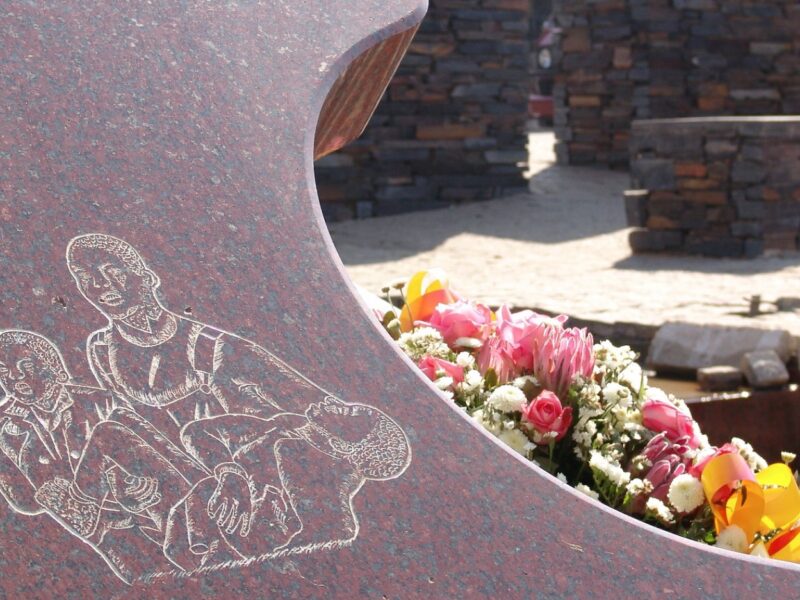At this moment, as South Africa’s political elites continue to be mired in scandal, as the state bureaucracy struggles to fulfil its functions, and as scholars and activists question the legitimacy of the constitutional settlement, the anniversary of the uprising of 16 June 1976 in an opportunity to think about what post-apartheid democracy can mean.
AuthorJulian Brown
Associate Professor of Political Studies, University of the Witwatersrand.
I am an Associate Professor in Political Studies at the University of the Witwatersrand in Johannesburg, South Africa. I hold a DPhil in Modern History from the University of Oxford, and completed my earlier studies at the University of Natal (now the University of KwaZulu-Natal) in Durban - the port city that is my home-town.
My academic writing revolves around a set of interconnected themes. I have written primarily on the emergence of new forms of popular protest outside of institutional and organisational frameworks in South Africa - both during the apartheid era, and in today's contemporary post-apartheid world. I have also written on the relationship between courts, the law, and legal discourses (on the one hand) and political struggles (on the other). I am currently working on the customary courts of the segregation era, and attempting to understand the ways in which a semi-invented tradition of customary dispute resolution may have shaped the emergence of a modern social and political African identity in the small towns of the northern Free State. In 2015, I was awarded a grant by the National Research Foundation of South Africa to conduct investigations into the ethnography of the Johannesburg Magistrates' Courts, and into the development of legal consciousness amongst the users of these courts.
Much of this work is bound together by a concern with the ways in which equality - and, in particular, equality of understanding - is assumed, asserted, and recognised. In my work, both popular politics and the courtroom struggles of the poor and marginalised are considered through the lens of a politics and a practice of equality. This assumption of equality - it seems to me, at least - must be the basis of any truly radical politics.
My teaching is also concerned with similar issues. Since 2015, my core undergraduate teaching has focussed on the relationships between Law, the State, and Society. I also regularly teach South African Politics and Governance to undergraduate students. At a graduate level, I teach an introductory Honours Research Methods course and, intermittently, a course on the Politics of Utopia at Masters level.
I supervise students on a wide range of topics. I have PhD students working on the politics of mining, and its impact on the formation of communities in South Africa's highveld provinces. At Masters level, my students have examined popular protests, the logic behind social grant provision, the politics of Commissions of Inquiry, the political subjectivities of domestic workers, the experiences of short term imprisonment for activists and migrants in South Africa, and the practices of customary law adjudication in contemporary rural South Africa.

